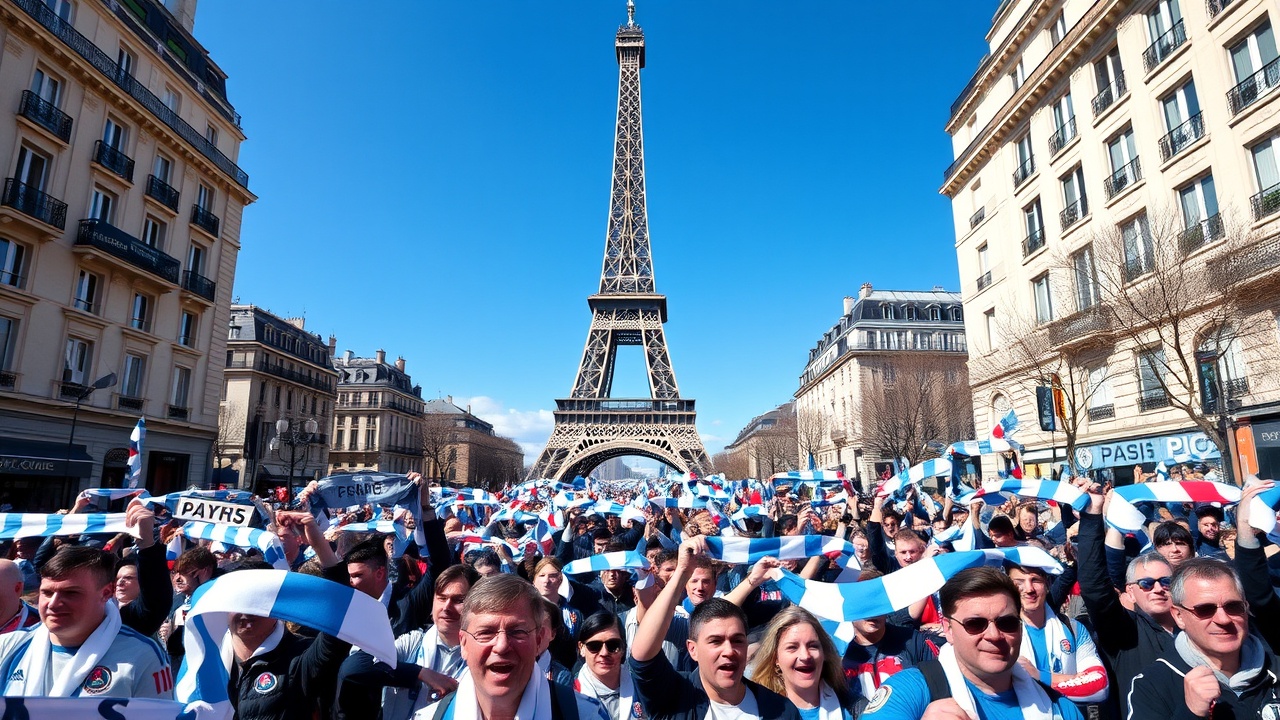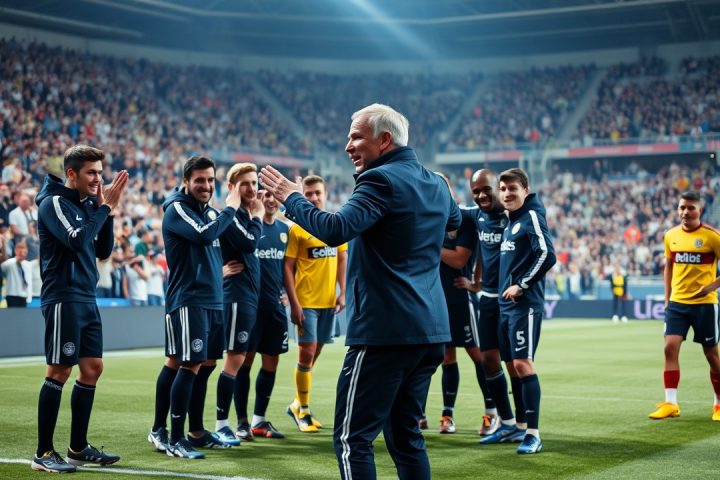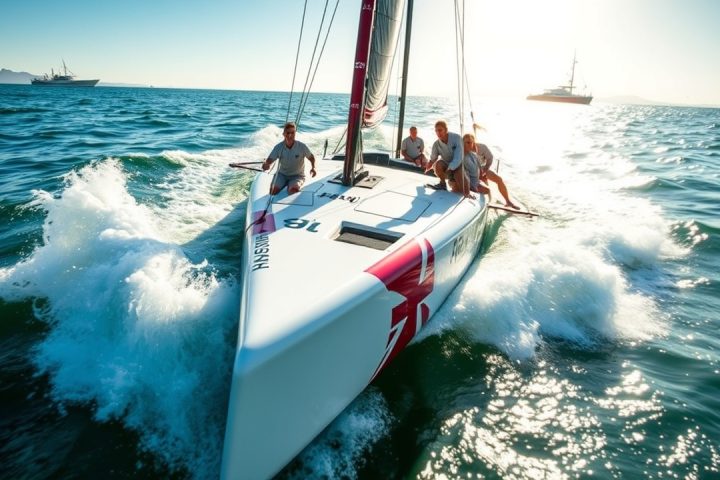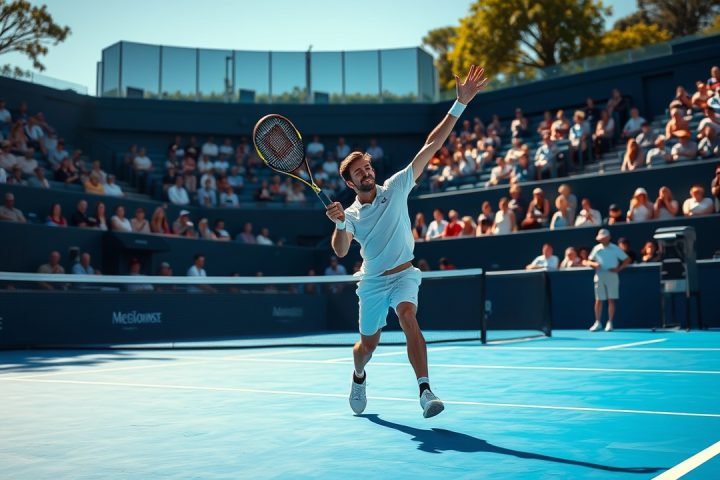PSG’s Champions League Final and the Role of Ultras
As Paris Saint-Germain (PSG) gears up to confront Inter in the Champions League final this Saturday, they are not just competing for a coveted trophy — they are buoyed by an enthusiastic contingent of dedicated fans known as “ultras.” Approximately 3,000 of these supporters are anticipated to gather at Munich’s Allianz Arena, continuing a trend that has seen their vibrant presence enhance PSG’s journey in the Champions League this season. Their remarkable energy is characterized by colorful displays, grand tifos, and an incessant rhythm of drums and chants that have become synonymous with matches held at their home ground, the Parc des Princes.
Diversity and Turbulent History of PSG’s Ultras
PSG’s ultras are unique among European football fans due to their striking representation of Paris’s multicultural fabric. The stands reflect the city’s diversity, with fans of various racial and ethnic backgrounds uniting in support of their club. This mosaic of supporters mirrors the demographic landscape of the greater Paris region, where nearly 20% of the population is immigrant, as highlighted by the 2021 census.
However, the story of PSG’s ultras isn’t solely one of colorful celebrations and unity. It is also underscored by a turbulent history that has often cast a shadow over their passionate support.
Political conflicts between distinct fan factions culminated in the tragic death of a supporter in 2010, leading to a six-year ban from the stadium for all ultras.
This contentious episode, known as the “Plan Leproux,” was a drastic measure enacted by then-president Robin Leproux to quell ongoing violence between the rival groups within the stadium.
The roots of conflicts among ultras can be traced back to the early 1980s, when far-right factions found a stronghold in the Boulogne stand, while the Auteuil stand became home to a more liberal, left-leaning fan base. Clashes between these factions created a divisive and often dangerous atmosphere. The situation reached a critical point when Lorence, a member of the Boulogne ultras, died during a confrontation, prompting Leproux’s stringent ban on all ultra activity.
Resurgence and the Collectif Ultras Paris (CUP)
Despite the blanket ban, the spirit of the ultras could not be diminished. In 2016, Romain Mabille and fellow Auteuil supporters established the Collectif Ultras Paris (CUP) in response to the long-standing exclusion from the stadium. The CUP, which comprises multiple supporter groups, sought to re-establish a connection with the club, leading to the gradual lifting of restrictions and a revival of their visible presence in Ligue 1 matches.
This rejuvenated group has since thrived, showcasing their passionate support in grand style, visible in elaborate tifos and festive atmospheres. The club, under the Qatari ownership that began in 2011, has recognized the ultras’ positive impact and has supported their initiatives.
Mabille describes the CUP as being akin to the streets of Paris themselves, welcoming individuals from diverse backgrounds and socioeconomic standings. Their chants and flair-filled displays cultivate a powerful camaraderie, reinforced by slogans celebrating the influence of the suburbs on the city.
Political Overtones and Present Challenges
Despite adopting an ostensibly apolitical stance, the diverse composition of the CUP has inadvertently brought political messaging to the forefront, as evidenced by a significant tifo advocating for Palestine. Although met with criticism from French officials, the CUP members view their messaging as an appeal for peace rather than a political statement.
Tensions have resurfaced occasionally, as indicated by events such as homophobic chants and clashes with the club over ticketing policies and merchandising initiatives. However, the bond formed among ultras today is markedly stronger than in the turbulent past, with the CUP solidly entrenched as the primary ultras group at the Parc des Princes.
Looking Forward to the Final
As PSG looks toward the Champions League final, supporters like Mabille remain hopeful that a longstanding goal — victory in the prestigious tournament — will finally materialize, uniting their diverse fanbase in a moment of shared triumph and healing after years of conflict.




